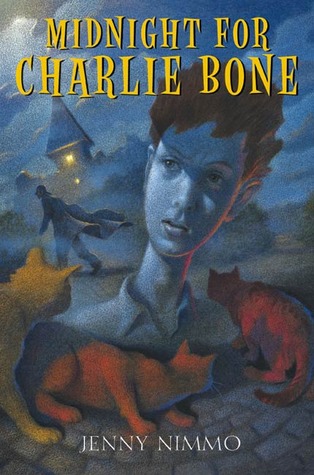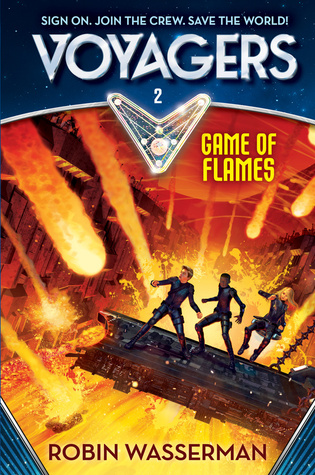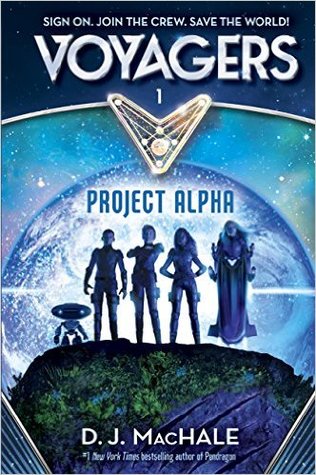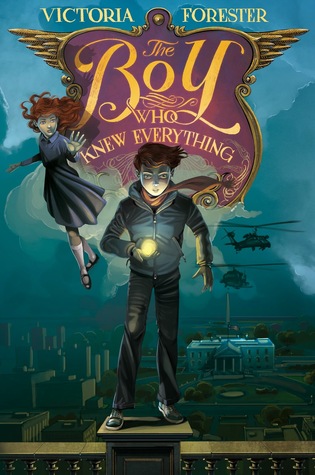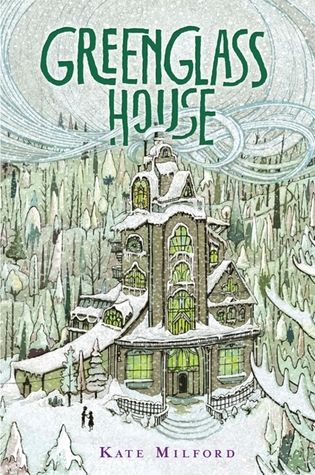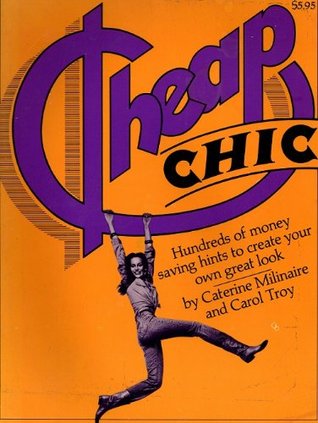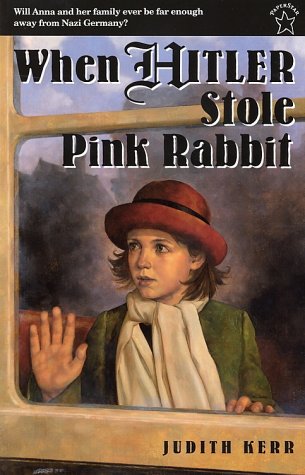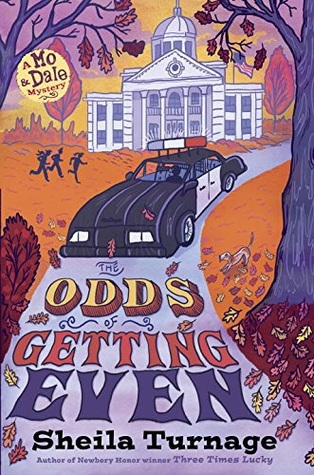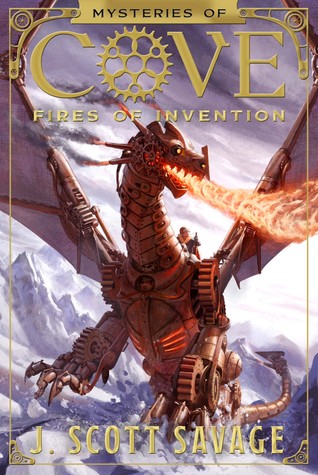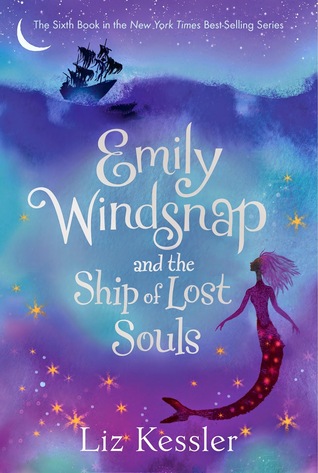 |
| Click to view on Goodreads |
(404 pages)
First things first, this book is so British! It's like the Diary of a Wimpy Kid books (or at least like what I'd heard they're like), but written by a British author so full of words and phrases that make me feel like I'm a little English kid. As someone who dearly loves all things U.K., that definitely brings this book up in my esteem - for an American kid reading this with no real understanding of the linguistic differences between our two cultures, it could be very off-putting. On the plus side: Pichon includes a glossary for things that, as Tom puts it, "might sound a bit ODD." On the negative: it's literally the last page of the entire book, so confused readers won't discover it until they've already muddled through the entire book.
But what of the book itself? Well, I have to say that this sucker is not winning any literary awards. It's like cotton candy, all fluff and no substance - but you know what? It's good cotton candy. It's realistic and silly and funny and witty, and Tom is such a genuine character that I could totally imagine running into him on some random street corner in the UK. He's also a genuinely nice kid, which I really liked - the problem with the popular series like Diary of a Wimpy Kid is that all of the characters are such jerks I can't stand reading about them. Tom, on the other hand, isn't obnoxious or horrible or unreasonably disrespectful. He argues with his sister, sure, and complains about his grandmother's cooking and makes fun of his father's terrible old-fashioned dance moves, but he does it in a way that's just honest, not over-the-top. I fight with my siblings, too. I pick at food I don't like (but, just like Tom, when someone I love cooks it I only complain about it when they're not there to be hurt). I laugh at my parents when they seem particularly out of touch with modern culture. That doesn't make me a mean person, it just makes me human, and the same goes for Tom.
So if you get a chance to read a Tom Gates books, by all means do so! I'm not going to go around advertising it from the street corners as God's gift to literature, but it might just be exactly the fun, light, silly read you're looking for.
Disclaimer: I received a complementary ARC of this novel at KidLitCon.
First things first, this book is so British! It's like the Diary of a Wimpy Kid books (or at least like what I'd heard they're like), but written by a British author so full of words and phrases that make me feel like I'm a little English kid. As someone who dearly loves all things U.K., that definitely brings this book up in my esteem - for an American kid reading this with no real understanding of the linguistic differences between our two cultures, it could be very off-putting. On the plus side: Pichon includes a glossary for things that, as Tom puts it, "might sound a bit ODD." On the negative: it's literally the last page of the entire book, so confused readers won't discover it until they've already muddled through the entire book.
But what of the book itself? Well, I have to say that this sucker is not winning any literary awards. It's like cotton candy, all fluff and no substance - but you know what? It's good cotton candy. It's realistic and silly and funny and witty, and Tom is such a genuine character that I could totally imagine running into him on some random street corner in the UK. He's also a genuinely nice kid, which I really liked - the problem with the popular series like Diary of a Wimpy Kid is that all of the characters are such jerks I can't stand reading about them. Tom, on the other hand, isn't obnoxious or horrible or unreasonably disrespectful. He argues with his sister, sure, and complains about his grandmother's cooking and makes fun of his father's terrible old-fashioned dance moves, but he does it in a way that's just honest, not over-the-top. I fight with my siblings, too. I pick at food I don't like (but, just like Tom, when someone I love cooks it I only complain about it when they're not there to be hurt). I laugh at my parents when they seem particularly out of touch with modern culture. That doesn't make me a mean person, it just makes me human, and the same goes for Tom.
So if you get a chance to read a Tom Gates books, by all means do so! I'm not going to go around advertising it from the street corners as God's gift to literature, but it might just be exactly the fun, light, silly read you're looking for.
Disclaimer: I received a complementary ARC of this novel at KidLitCon.

